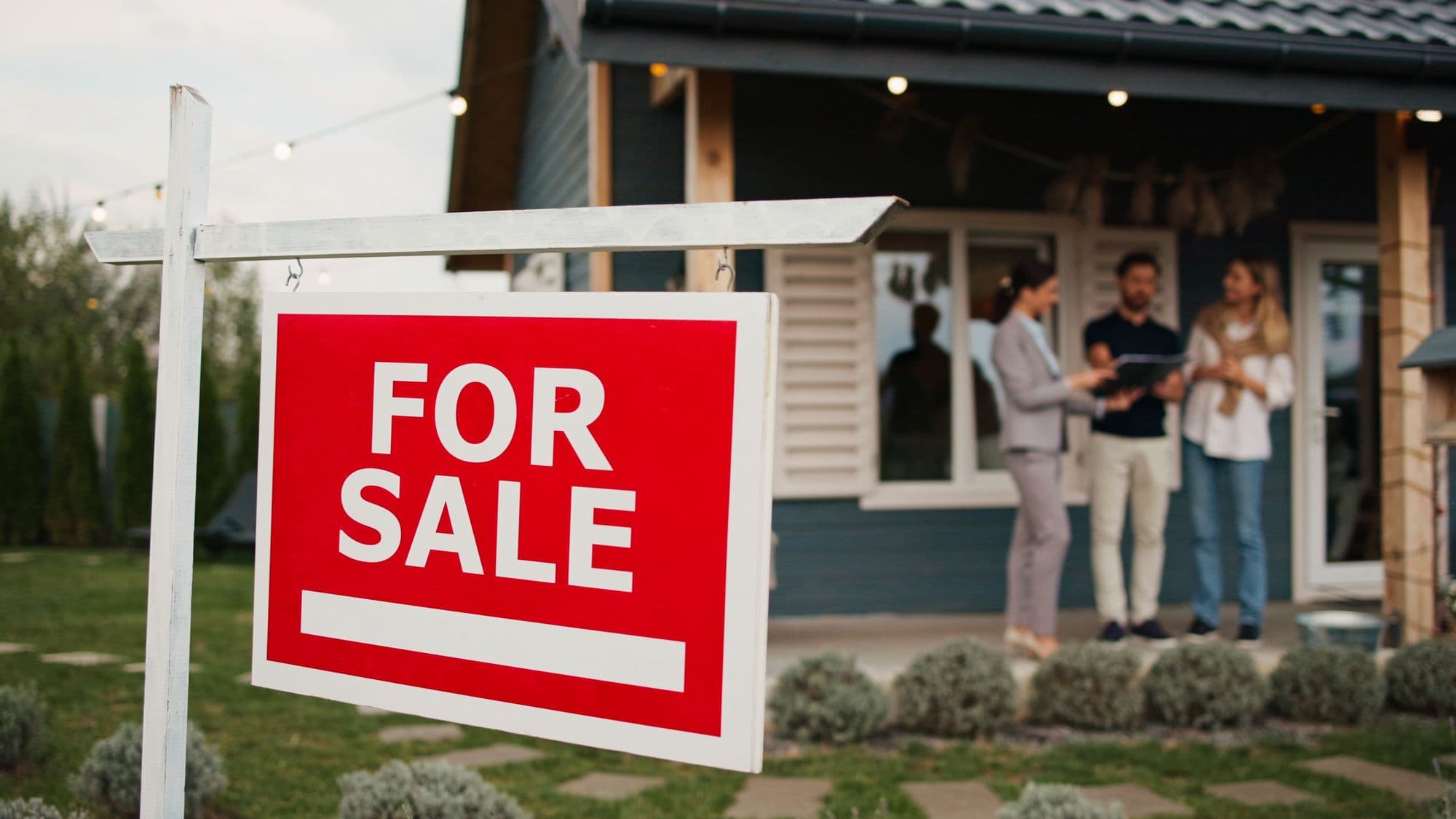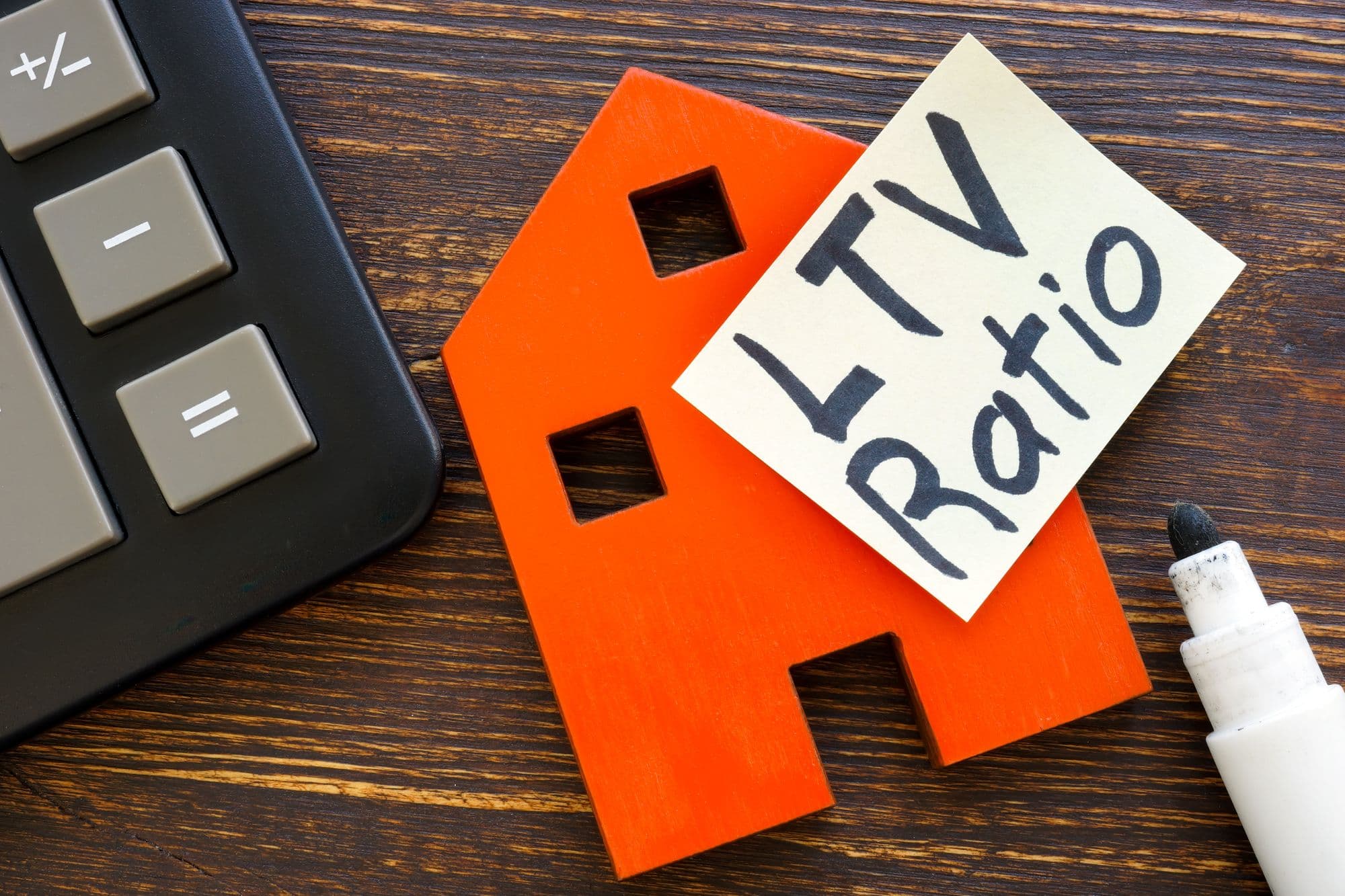
Top 10 First Time Homebuyer Tips: From Pre-Approval to Closing
Buying your first home? These first-time homebuyer tips will guide you from pre-approval to closing, helping you avoid mistakes and make confident decisions.

Buying your first home is exciting, but let’s be real, it can also feel completely overwhelming. Between mortgage jargon, hidden costs, and the stress of making one of the biggest financial decisions of your life, it's easy to feel lost.
But don't worry, you’re definitely not alone. Every first-time buyer goes through this, and with the right guidance, you can navigate the process with confidence.
This guide will walk you through 10 essential first-time homebuyer tips, from getting pre-approved to closing the deal, so you know exactly what to expect at every stage. Let’s dive in!
1. Start With Your Finances: Get Pre-Approved Early
Before you start browsing homes, it’s crucial to know what you can afford. Pre-approval is a big part of that. By getting pre-approved for a mortgage, you'll have a clear idea of your budget, and sellers will take you seriously when making an offer.
Tip: Work with a lender who offers competitive rates, and make sure to check your credit score, as it plays a significant role in the interest rate you're offered.
2. Understand Your Budget: Be Realistic About What You Can Afford
It’s tempting to want the largest house on the block, but it's essential to set a realistic budget. Consider more than just your monthly mortgage payment. Don't forget about additional costs like property taxes, insurance, and maintenance.
Tip: A good rule of thumb is to keep your monthly housing costs (mortgage, taxes, insurance) under 28% of your gross monthly income.
3. Save for a Down Payment: You Have More Options Than You Think
One of the biggest misconceptions about buying a home is that you must have a 20% down payment. While putting down 20% can help you avoid private mortgage insurance (PMI) and lower your monthly payment, many first-time buyers purchase a home with much less.
There are loan programs that allow down payments as low as 3%, including FHA, VA, and USDA loans. Some states even offer down payment assistance programs to help cover costs.
Tip: Start saving early, explore your options, and don’t let the fear of a big down payment keep you from homeownership. You’ve got this!
4. Shop Around for a Mortgage: Don’t Settle for the First Offer
Your mortgage loan will be a long-term commitment, so it’s worth it to shop around. Different lenders offer varying rates and terms, so compare a few options before making a decision. Pay attention to both the interest rate and the annual percentage rate (APR), which includes fees.
Tip: Get quotes from at least three different lenders to ensure you’re getting the best deal.
5. Don’t Skip the Home Inspection: It’s Worth the Investment
Once you've found your dream home, it might be tempting to skip the home inspection to save money, but it’s an essential step in the process. A thorough inspection can uncover hidden issues with the property, such as faulty plumbing or a worn-out roof, that could cost you down the line.
Tip: Hire a qualified, experienced inspector, and don’t be afraid to ask questions about any issues they find.
Explore Our Mortgage Calculators
Mortgage Calculator
Easily calculate your mortgage payments with our quick and intuitive tool.
FHA Loan Calculator
Learn about FHA loans and how they can help you purchase your dream home.
VA Loan Calculator
Explore VA loan benefits designed specifically for veterans and active-duty military.
6. Know What to Expect During the Closing Process
The closing process can seem complicated, but understanding the steps will help you prepare. Closing includes reviewing and signing paperwork, finalizing your mortgage, and transferring ownership of the property.
Tip: Schedule a final walk-through of the home 24-48 hours before closing to ensure everything is in order.
7. Plan for Closing Costs: Budget for More Than Just the Down Payment
In addition to your down payment, you’ll also need to account for closing costs, which typically range from 2% to 5% of the loan amount. These costs cover fees like title insurance, appraisals, and lender charges.
Tip: Ask your lender for an estimate of these costs early in the process so you can plan accordingly.
8. Stay Flexible: The Process May Take Longer Than You Think
The road to homeownership isn’t always smooth. Delays happen, whether it's a snag in the appraisal process or waiting for necessary documents. Stay patient and flexible; understanding that delays are normal will help you manage your expectations.
Tip: If you’re on a tight timeline, such as needing to move for a job, let your realtor and lender know so they can help expedite the process.
9. Think About Long-Term Costs: Will the Home Suit Your Needs in 5-10 Years?
When buying a home, consider not just your immediate needs but also your long-term plans. Will the house still suit your lifestyle if you have kids or a growing family? Are there schools, parks, and other amenities that will benefit you in the future?
Tip: Don't just buy a home for the present. Think about how your needs might change over the next 5-10 years.
10. Work With a Realtor Who Knows the Market
Navigating the real estate market as a first-time buyer can be tricky. A professional realtor can help you find the best homes, negotiate prices, and guide you through the complexities of buying.
Tip: Choose a realtor with experience working with first-time buyers who can explain the process and answer your questions along the way.
Bottom Line: Planning Ahead Is Crucial When Buying Your First Home
Buying your first home is a major milestone, and with the right preparation, it can be an exciting and rewarding experience. By following these first-time homebuyer tips: from securing pre-approval to navigating the closing process, you’ll be well-equipped to make informed decisions and enjoy the journey to homeownership.
Have any questions or need more advice on the homebuying process? Leave a comment below or reach out to an expert for personalized help.
FAQs
1. What should you avoid when buying a house?
One of the biggest mistakes is making major financial changes before closing, like taking on new debt or switching jobs, as this can affect your mortgage approval. Skipping the home inspection is another risk; hidden issues could end up costing you thousands later. It's also important to avoid stretching your budget too thin. Just because you're approved for a certain loan amount doesn’t mean you should max it out. Lastly, don’t forget about additional costs like property taxes, insurance, and maintenance, which can add up quickly.
2. What credit score is needed to buy a house?
The credit score needed depends on the type of mortgage. Conventional loans typically require at least 620, while FHA loans allow scores as low as 580, or even 500 with a larger down payment. VA loans don’t have a strict minimum, but lenders usually look for 620 or higher. USDA loans generally require a score of 640. A higher score will help you secure better interest rates and loan terms, so improving your credit before applying can save you money in the long run.
3. How much money should I put down on a house as a first-time home buyer?
Many first-time buyers think they need a 20% down payment, but that’s not always necessary. Some loan programs allow as little as 3% down, and VA or USDA loans may not require a down payment at all. While a larger down payment can lower your monthly payment and eliminate private mortgage insurance (PMI), it's not a dealbreaker if you don’t have 20% saved. The key is finding a balance between what you can afford upfront and what will keep your monthly costs manageable.
4. How long does it take to buy a house?
The home-buying process can take anywhere from a few weeks to several months, depending on factors like market conditions, financing, and how quickly you find a home you love. Once your offer is accepted, the closing process usually takes 30 to 45 days. Delays can happen due to inspections, appraisals, or financing issues, so it’s best to stay flexible and prepared for the unexpected.
5. What is a good age to buy your first home?
There’s no “perfect” age to buy your first home, it all depends on your financial situation, long-term goals, and readiness for homeownership. Some people buy in their early 20s, while others wait until their 30s or 40s. The best time to buy is when you have a stable income, good credit, and enough savings for a down payment and other expenses. Rather than focusing on age, it’s better to ask yourself if you’re financially and emotionally ready to take on the responsibility of homeownership.







![The NACA Program: What It Is and If It’s Right for You [2025 Review]](/_next/image/?url=https%3A%2F%2Fs3-us-west-2.amazonaws.com%2Fwhatsmypayment.com%2Fcontent%2Fimages%2F2025%2F03%2FThe-NACA-Program-What-It-Is-and-If-It-s-Right-for-You--2025-Review-.jpeg&w=3840&q=75)